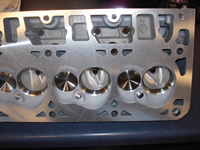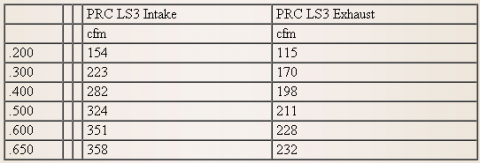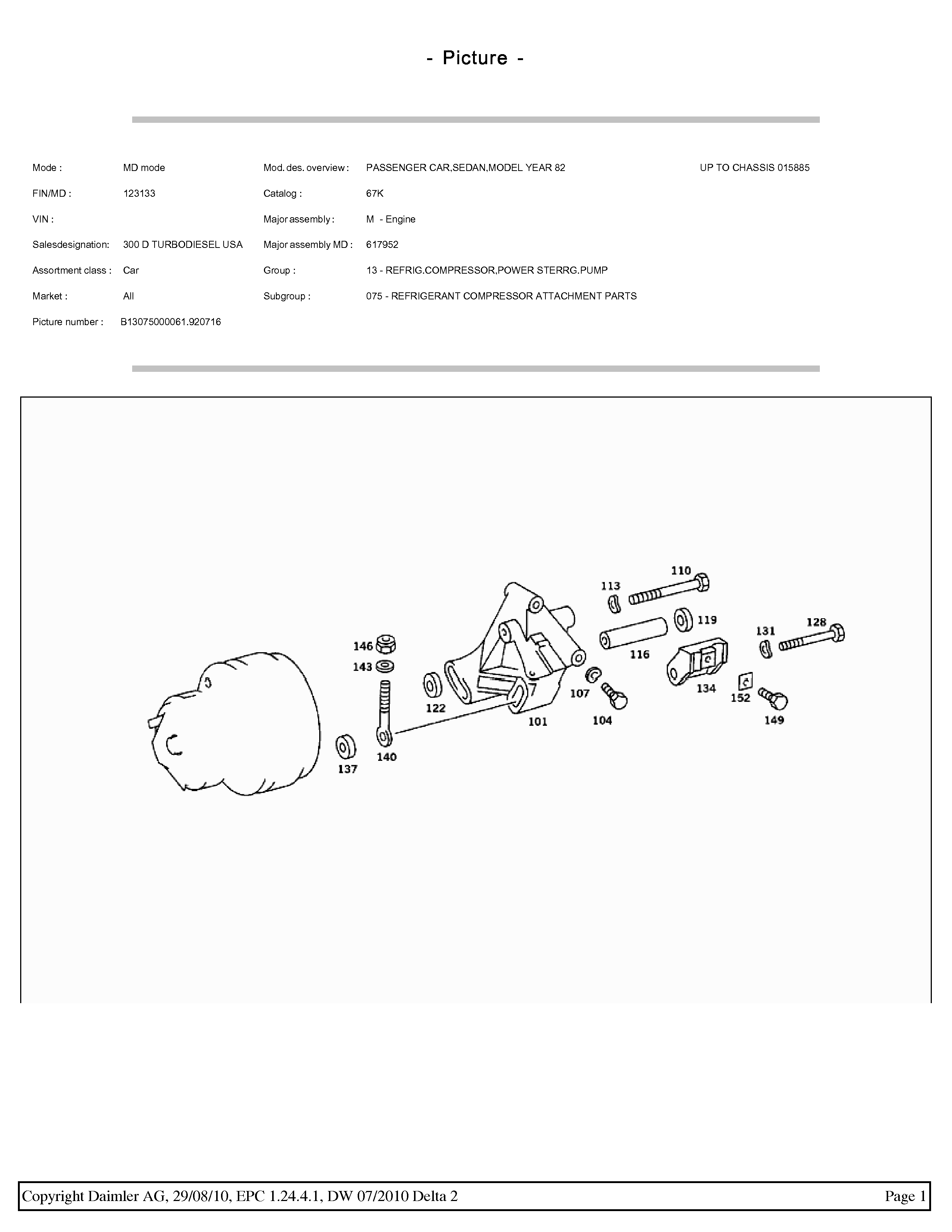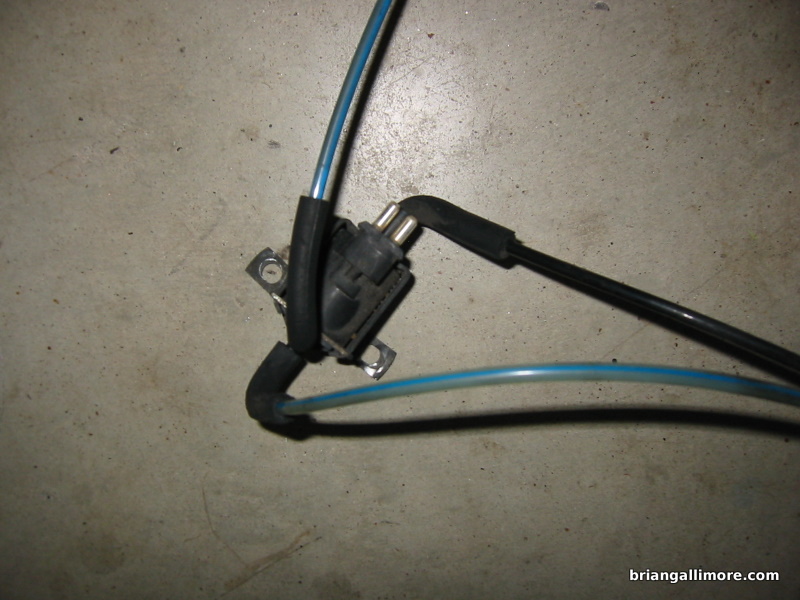Recently, I’ve been working to get Betty running better. My main complaint was how dog-ass-slow the car accelerated from a stop to about 20 MPH. I installed a boost gauge and could see that the acceleration picked up as soon as the needle climbed on the boost gauge, but it didn’t happen until you were already going about 20 MPH. Another annoyance was that while driving at a steady speed of 40-45 MPH, the boost would drop off to zero (I could hear a pssttt sound at that point) and the car would start decelerating. If I pressed the pedal in far enough to cause the transmission to shift, the boost would again build up and the car would get back up to speed, but it was an unpleasant and abrupt experience. So I’ve learned a few things in the process of solving these issues and I thought I’d share them here. (note, I previously adjusted the valves, which is required every 15,000 miles, and adjusted the wastegate to get the maximum boost back in the 11-12 psi range)
EGR – Exhaust Gas Recirculation
This system’s main purpose is to inject nasty black soot and non-beneficial, hot, oxygen-depleted exhaust air back in to the intake manifold where you want clean, cool, oxygen-rich air. When working properly, I’m guessing you probably don’t even know it is there and it lowers emissions under certain conditions, but when it doesn’t work properly, it has the effect of linking your intake and exhaust manifolds and destroying performance. I don’t know how long these valves typically last, but I do know there is a guy on ebay selling pre-made components to block off and completely remove the EGR system.
ARV – Air Recirculation Valve?
This evil system works in concert with the EGR. At times when IT thinks you don’t really need any boost, it opens up, dumping all the pressurized air in your intake manifold to allow more exhaust gas from the EGR easy entry to the intake manifold. Evidently, one of the first things people do is place a BB in the vacuum line to prevent this valve from opening. It is the main reason the car performs like a dog from a stop and can’t keep up with itself at city speeds. It dumps all the boost at slow engine speeds!
ALDA – Automatische Lade Druck Anreicherung
The Dodge/Cummins guys call this the ‘no-smoke’ valve. It uses a pressure signal from the intake manifold to adjust the amount of fuel in relation to what is needed, instead of what your foot is telling it to do. It ‘delays’ the fuel until it sees boost pressure. There is an adjustment to change the calibration, but it is under a tamper-proof cap. Betty has 1/4-million miles, but still had that tamper-proof cap, until my Dremel tool took a care of it. I turned it CCW 1/2 turn at a time, driving the car after each adjustment to determine if it helped acceleration or not. Each time it did, and I never noticed any smoke, which indicates you are adding too much fuel. After 1-1/2 turns, I couldn’t turn it any more. Some guys are completely removing this valve, and controlling the fuel solely with their foot. I’m happy with the way it works for now, so I’ll leave it as is.
Results
Betty drives like a completely different car. I think the biggest problem I was having was the ARV, it was always dumping all the pressure unless I had the pedal pressed in nearly to the floor. Now, I start getting boost early on, the car accelerates like a car should, and while driving at city-speeds, the intake manifold sees about 3 psi of boost, giving the car plenty of response to small pedal commands. Lots of payoff for a bit of reading, tinkering, and experimenting.
Vacuum Control for ARV
Image 1 of 4
connections: 2 pin electrical, atmosphere, vacuum, valve
Like this:
Like Loading...













